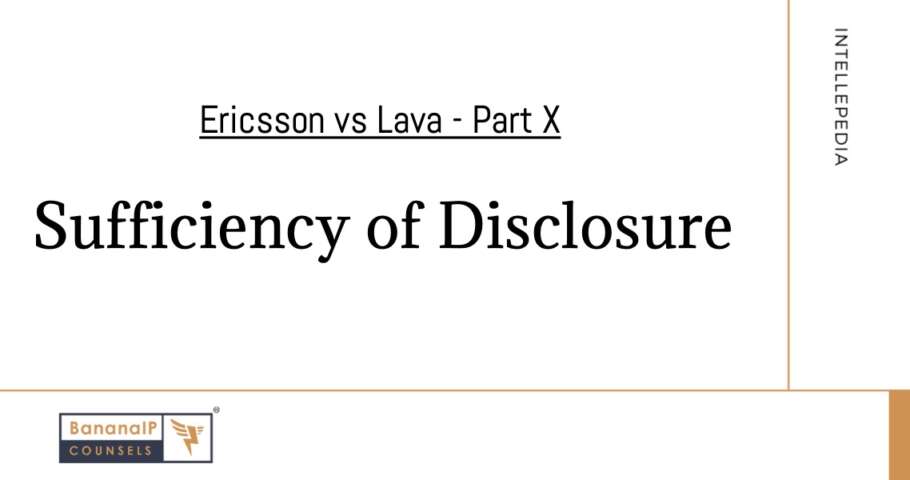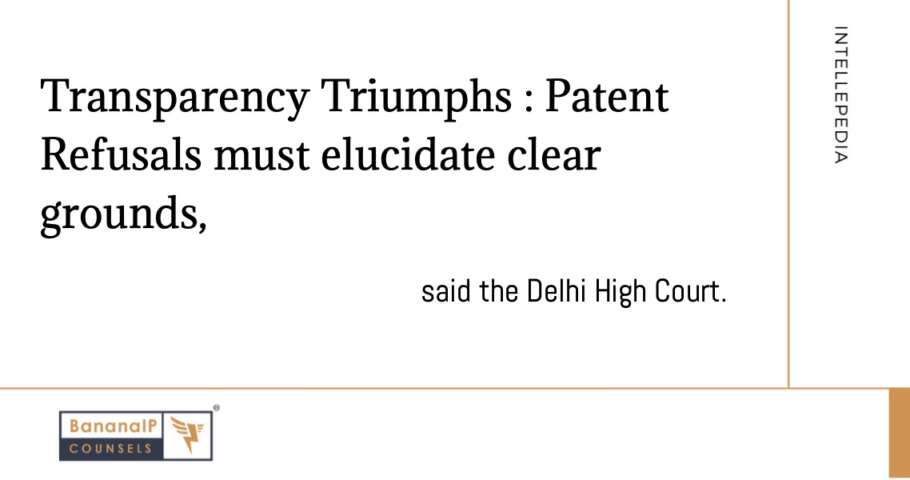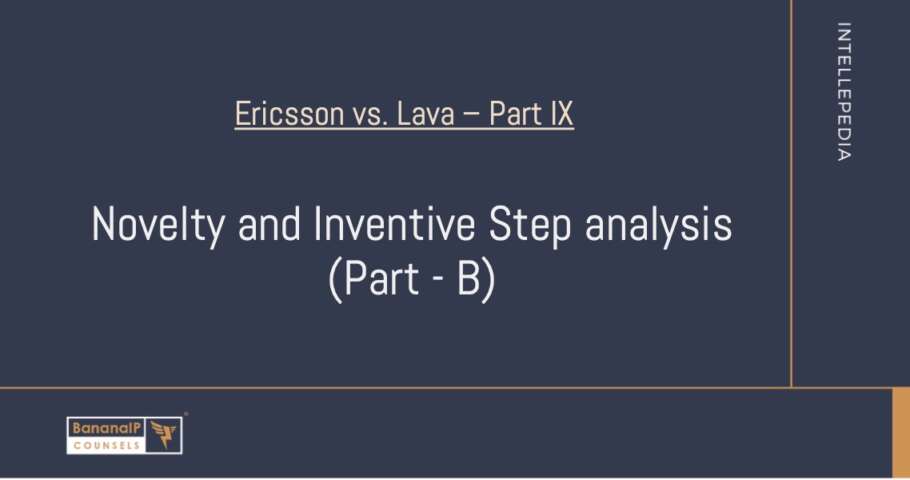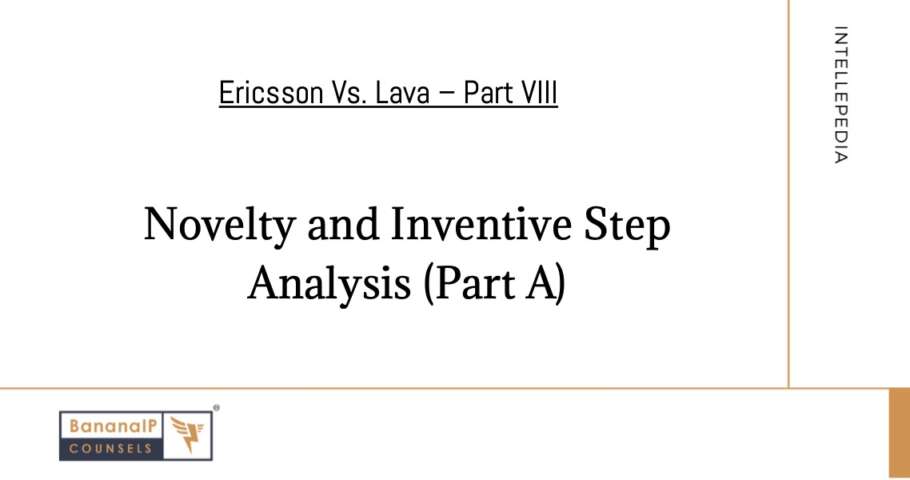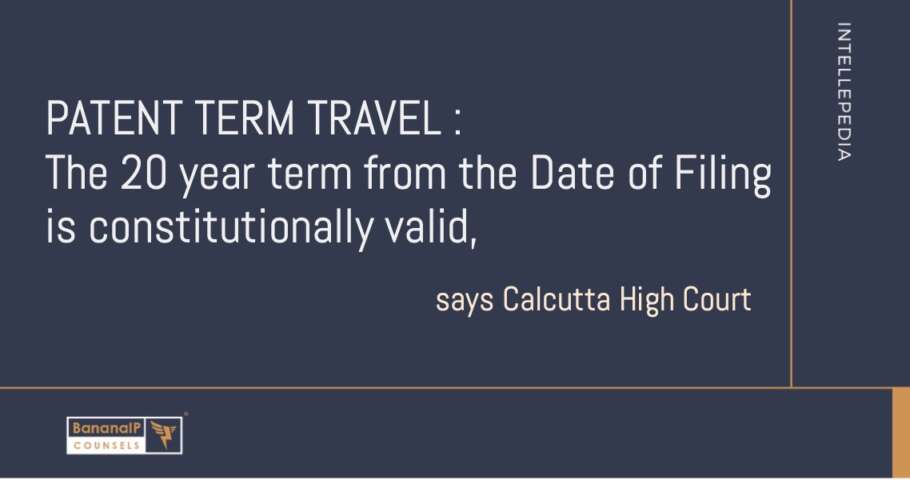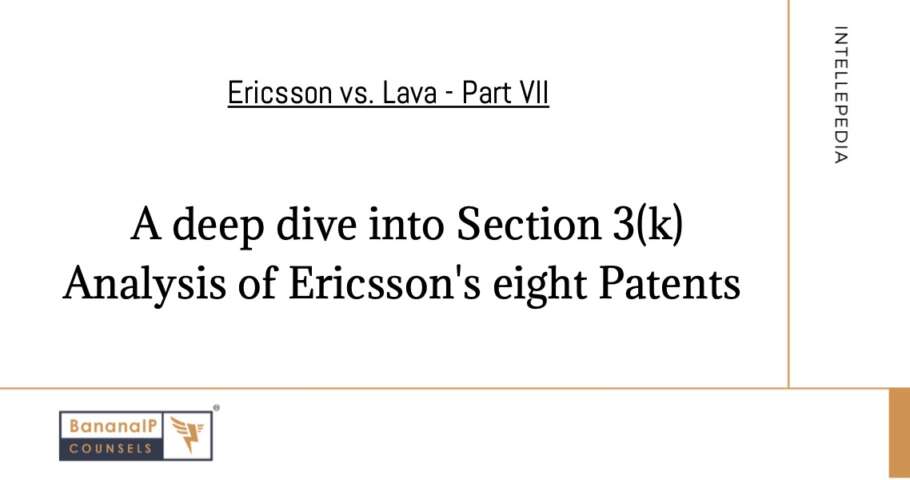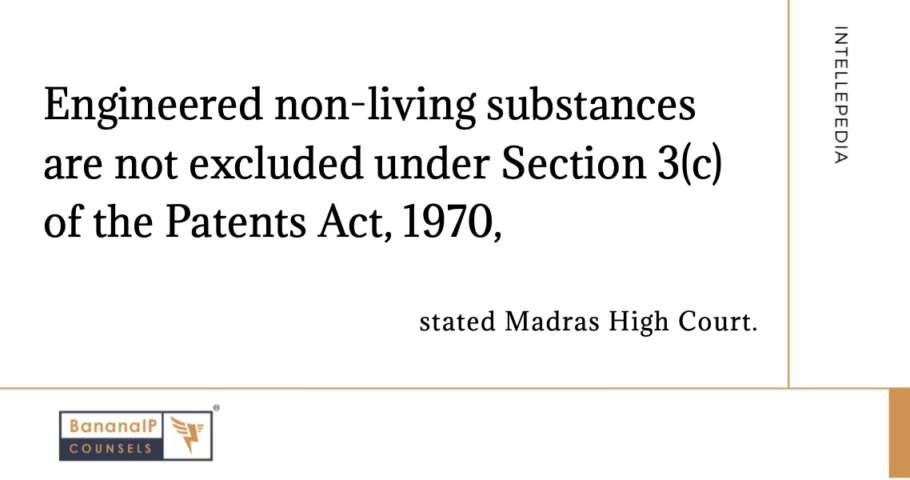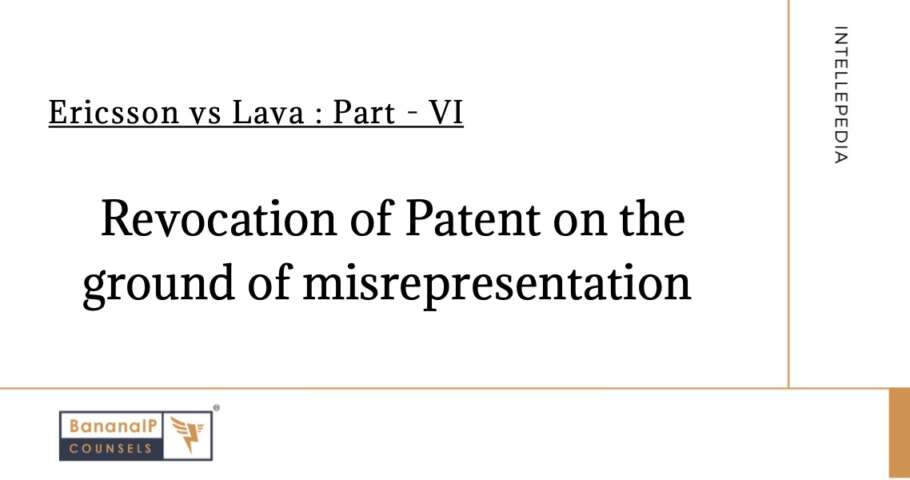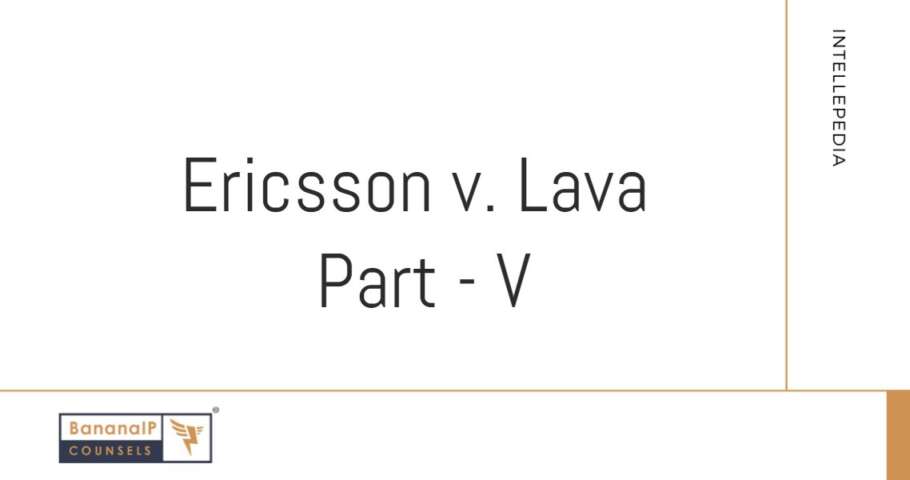This post dissects the Sufficiency of Disclosure aspect in the Ericsson Vs. Lava case, scrutinizing the court’s assessment of Ericsson’s patents’ validity under Sections 64(1)(h) and 64(1)(i) of the Patents Act. Drawing from legal precedents and patent law, the analysis highlights how the court deemed Ericsson’s patents to meet the requirements, ultimately dismissing Lava’s grounds for revocation. Continue Reading Sufficiency of Disclosure – Ericsson vs Lava – Part X
